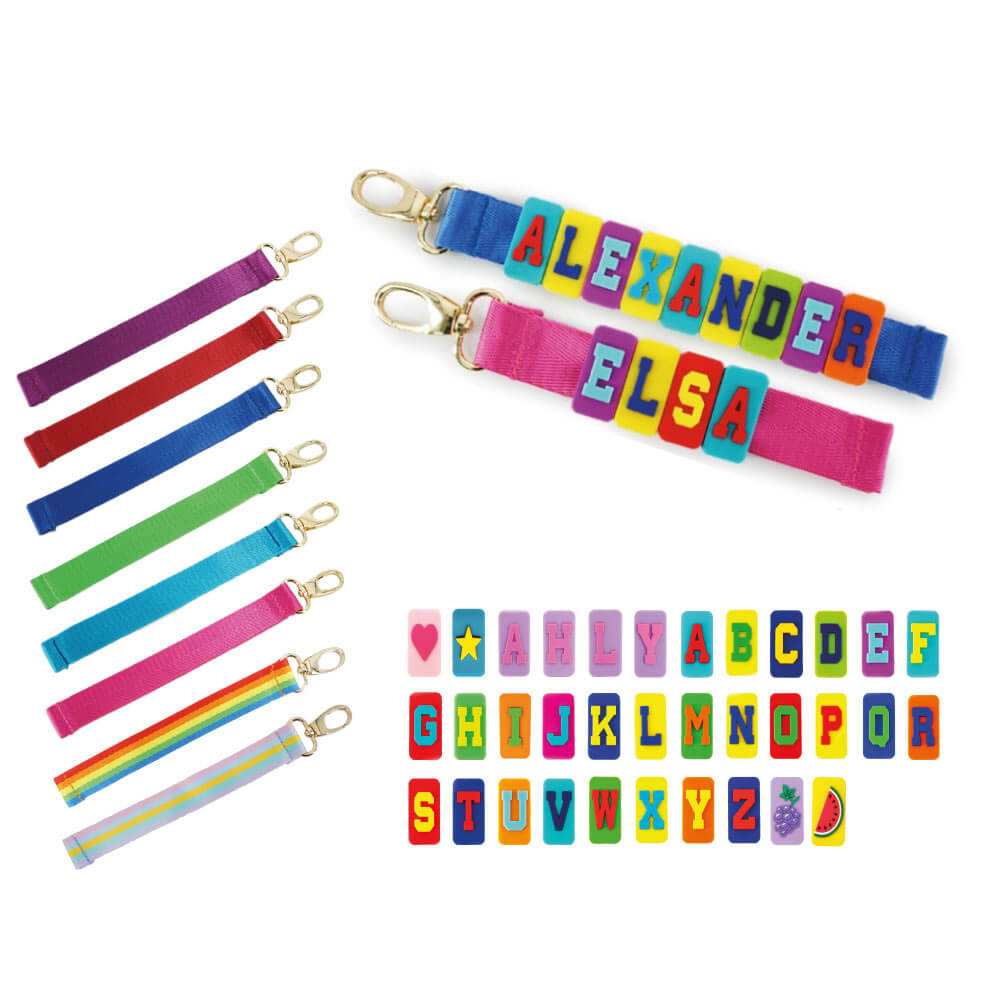
Ever wonder how you can keep your child motivated to learn?
With the right motivation and basic aptitude, your kids can become good learners too.
Here are 5 tips that can help you motivate your kids to learn.
1. Cultivate a reading atmosphere
Reading is certainly one of the keys to successful learning. Students who read well tend to learn other things better.
Your kids may not be an avid reader but it is certainly a skill that can be developed over time with patience.
Benefits of reading:
- developing a richer vocabulary
- mastering the language
- broadening their perspectives
Cultivate an atmosphere of reading and help your kids develop a love for reading:
- Start by cultivating a reading habit yourself
- When your kid sees you reading, they might just mimic you in doing so
- Bring your kids to the bookstore every once in a while
- Allow them to browse and choose books on topics that they are interested in
- Set a family reading time
- Read to them whenever you can and explain to them what the words mean
Now this is quality time both in bonding and building on knowledge!
2. Find out what your kid’s struggle in
Children these days tend to get demotivated easily, especially when they start to struggle with certain tasks /activities.
Here’s what you can consider, although you might not find the solution straightaway:
- Try to look at things from their perspective and consider steps to help them overcome these challenges
- Your child might not be understanding the study material
- Your child might not have self-confidence
- The work isn’t suited to their learning style.
- Communicate with your kid and give them encouragement to build their confidence
All in all, know that everyone learns differently and there are 7 fundamental learning styles which include Visual, Auditory, Verbal, Physical, Logical (mathematical), Social and Solitary. Your child’s learning style can be either one or a combination of the above.
Take the time and consideration to discover your child’s dominant and supplementary learning style.
3. Give your kids some room
Children these days tend to lose interest and get disengaged when they feel controlled, stifled and do not have a say in what they can do.
We can still allow our kids a certain amount of say and control over their interest and studies by being supportive or merely just showing interest and taking the time to learn about their interests and learning subjects.
For example, when choosing a book to read or writing an essay let them choose on a topic that they like. And learning does not always have to be constrained to books.
Children learn through activities and play as well.
4. Process over results
Here’s a reminder to parents all over – process and learning triumph over the result.
The learning process is a journey to behold rather than be obsessed over the destination.
When your kids are too focused on achieving a certain outcome, they might easily give up when they face setbacks.
The learning experience itself has its hidden gems.
Try this:
The next time your kid gets home from school, ask them what they learnt in school instead of how well they did in that math test.
Let them show, teach and explain to you what they have learnt so far.
5. Help your kids get organised
Organisational skill is something we learn over time and it is not something that will come naturally for most kids.
With modern day demands such as school, activities and all other forms of extra curricular, it is very common where children feel overwhelmed and disorganised.
Overwhelmed children get frustrated. When they are frustrated, they tend to reject the notion of overcoming challenges or tackle any single task with gusto. What more, there are so many distractions out there to lure them away from these ‘unstimulating’ tasks of organising their own belongings.
Here’s how you can guide your child:
- Break down bigger tasks into smaller manageable tasks
- Tackle smaller tasks so that your child can feel a sense of achievement as they go along
- Plan by setting small gains and timeframe to tackle these smaller tasks
For example, when your child has 4 homework assignments to cover after a long day at school. Firstly, check if these assignments are due immediately (next school day). Prioritise those that are due the next school day.
Go for the quick win – Let them pick the assignment they are most confident / interested in doing first.
All in all, while we are grooming their organisational skills, we are also equipping them with yet another important skill – prioritising.





